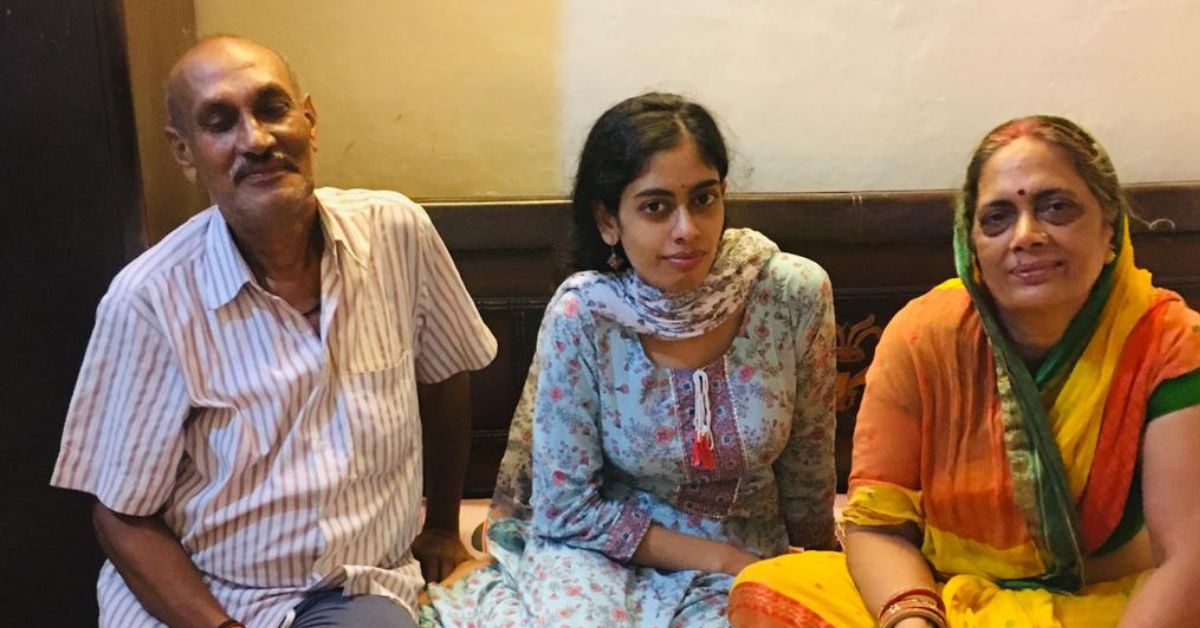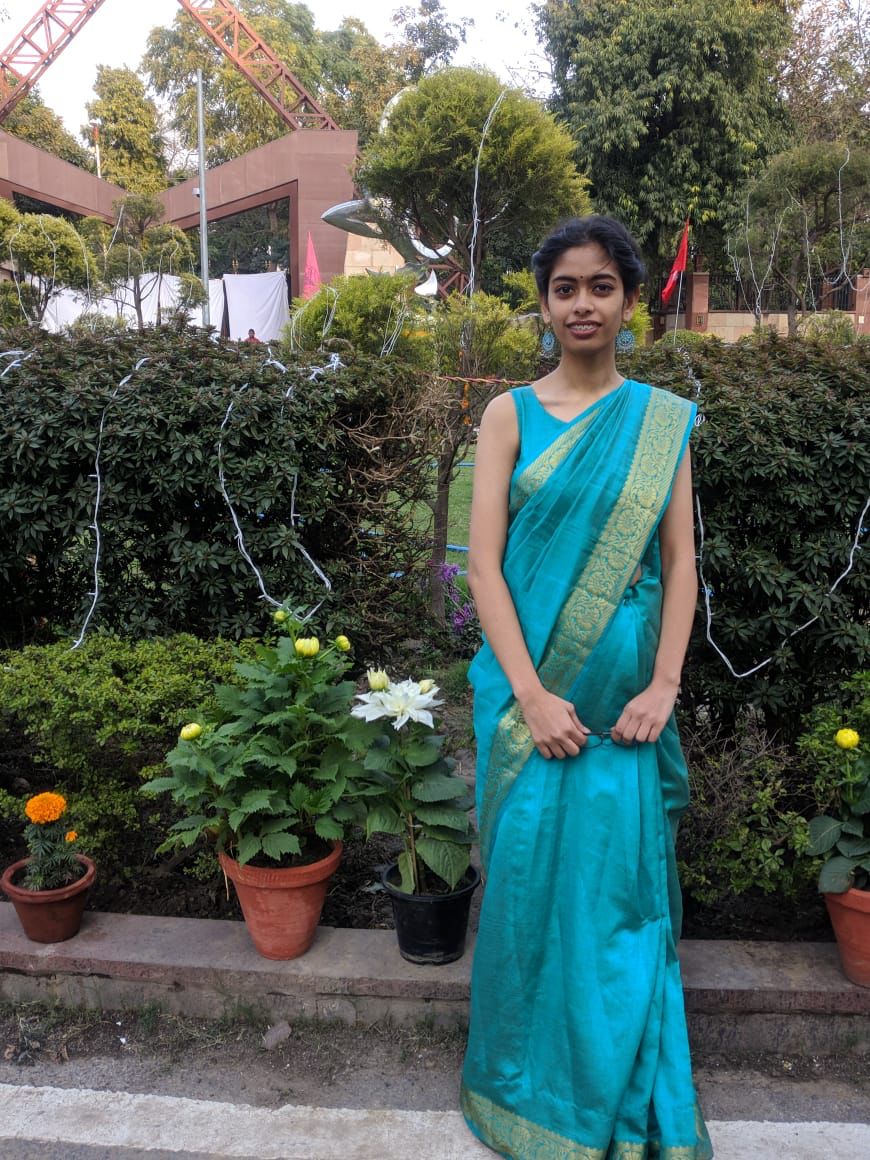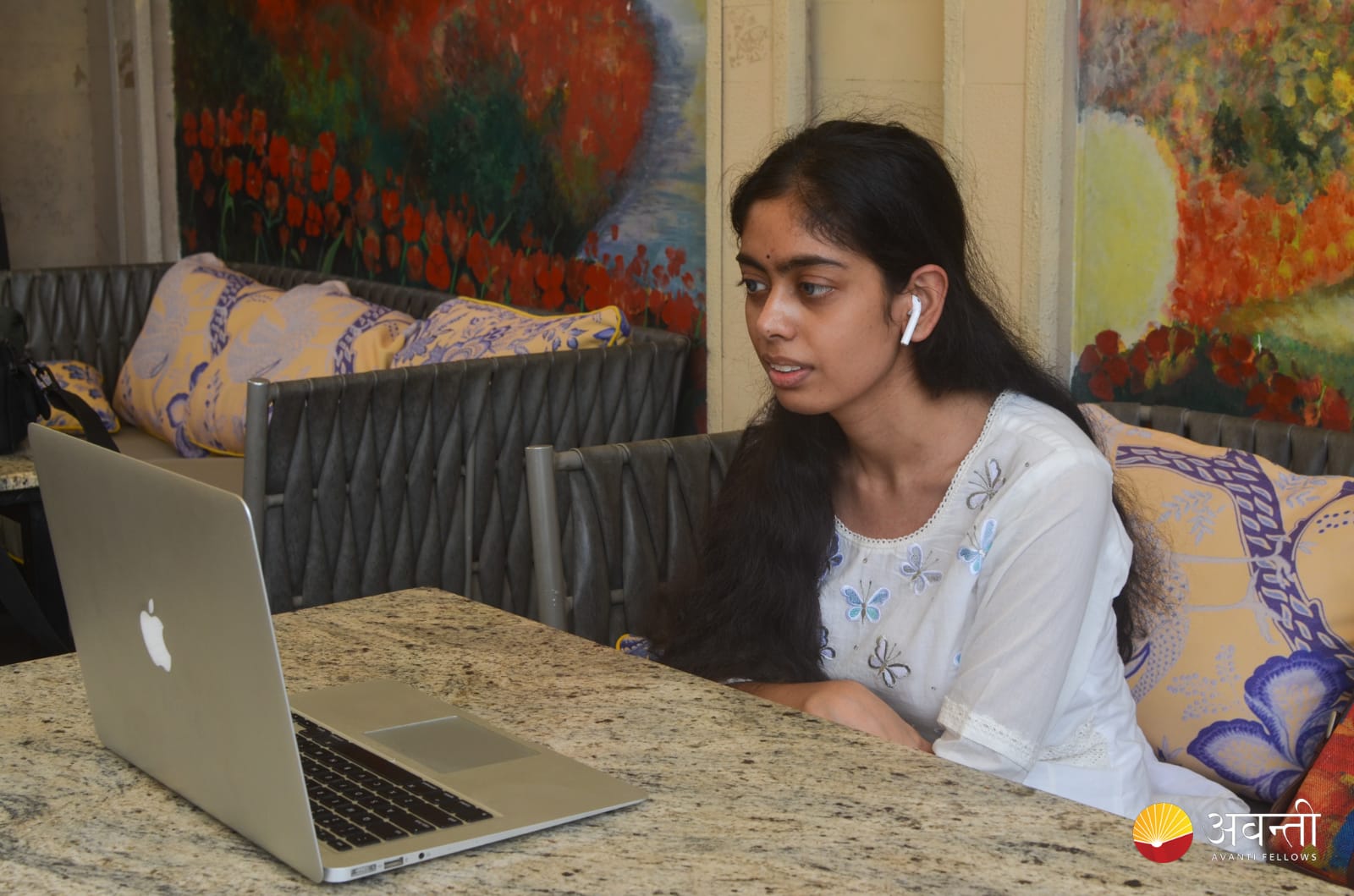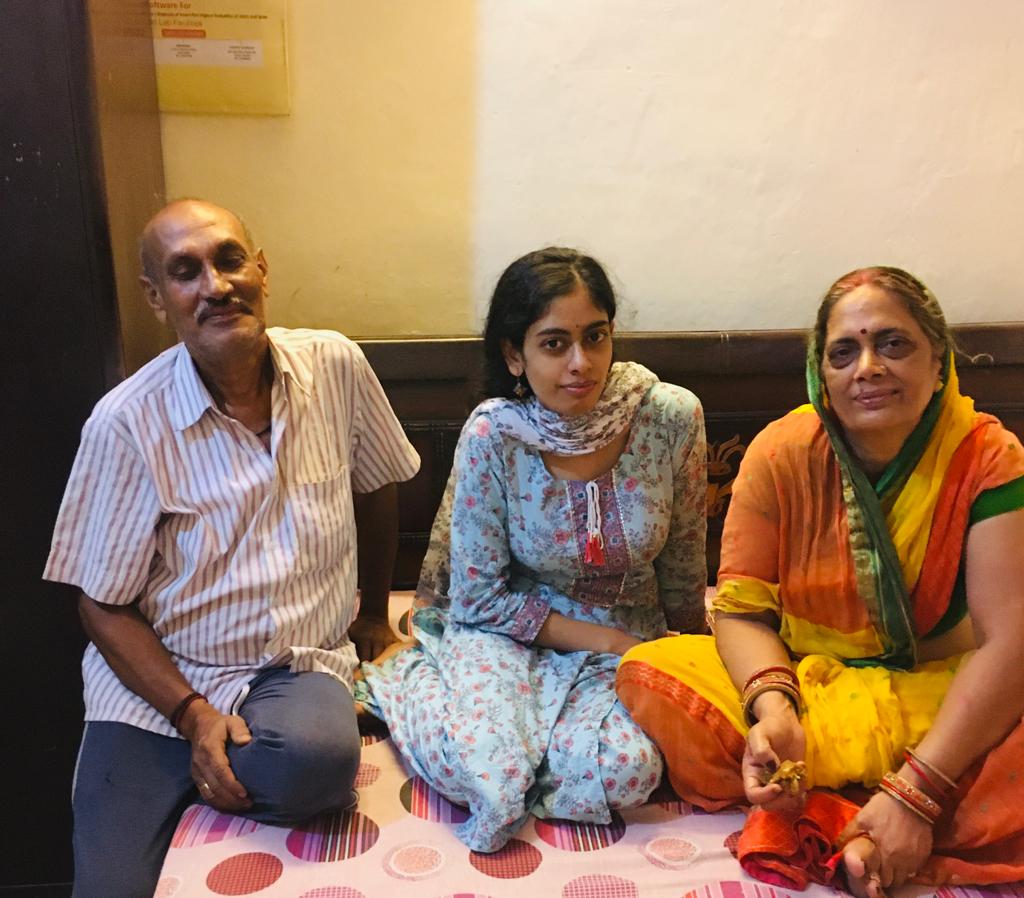Cracking UPSC CSE in 1st Attempt, Topper Speaks on Fighting Bias & Bagging AIR 82
Pooja Jha from Delhi has secured an AIR of 82 in the UPSC CSE. She speaks on how she learnt conversational English on her own in Class 8 and the deep-rooted gender bias in her community.

Having secured an All India Rank (AIR) of 82 in the Union Public Service Commission’s (UPSC) Civil Service Examination (CSE) in her very first attempt, Delhi-based Pooja Kumari Jha’s (25) happiness knew no bounds.
“From where I come, even dreaming about clearing this prestigious examination is unheard of,” Pooja tells The Better India.
To set her “expectations well within limits”, Pooja’s father always said to her, “You can become anything other than a Bollywood actor, astronomer and IAS officer.”
Pooja adds, “I am the fifth daughter and I have a younger brother as well. My family’s quest for a boy child ended when he was born. My father has been serving as an office help in a private firm in Gurgaon for about 40 years and my mother has been a homemaker.” Her growing up years was filled with hardships. Many of them stemmed from their economic standing while some were driven by societal pressures.
“The community I belong to places undue importance on producing a male child. The thought is so deep-rooted that it has taken me years to fight it and bring about a change in their thought process,” she says. Pooja says that growing up in an environment so steeped in inequality and yet having to call that place home was always something that felt jarring to her.
‘Quest to clear UPSC CSE was deeply personal.’

“To be able to assert my identity at home, cracking this examination and doing well became essential,” she says.
Even though her parents tried to love each child in a similar manner, she says that the community she grew up in always remained inclined towards meting out special treatment to boys. “For instance, in my community, the birth of a male child is always celebrated with so much grandeur. However, the same is not the case when a girl child is born. These are small biases but they leave such a deep impact,” she shares.
What this did was help the sisters forge a very strong bond with each other. “We would bond and discuss this inequality at great lengths. It was during these discussions I felt the need to bring about a change,” she says. What seemed to work in Pooja’s favour was her academic excellence. She says every time she would score well, the happiness and joy her parents felt pushed her to do better and maintain that standard of excellence. “Those were the days when I would be showered with more love than my brother. I waited for those moments,” she says.
With six children to educate, feed and nourish, there were many instances where Pooja’s brother’s priorities were looked at first. “Depending on the family’s economic condition we all moved from private schools to government schools and also spent a few years in the Municipal Corporation of Delhi (MCD) schools of Delhi. The expectation to excel in academics from each one of us was very high,” she recalls.
‘My success and failures are my own.’

Pooja says that she is a self-made person. “While my mother had never been to school, my father also was only educated until Class 8,” she says.
When in Class 7, Pooja says that she had read about Dr Devi Shetty and the amazing work he has done in the field of medicine. “I aimed to be ‘the next Dr Devi Shetty’. In Class 10, I appeared for a scholarship test, which was organised by an NGO called Avanti Fellows. I was one amongst the two students selected and that offered me a complete scholarship to attending coaching classes to pursue my dream of becoming a doctor,” she says.
While Pooja lost out on clearing the NEET exam by a few marks, she qualified for Bachelor of Dental Surgery (BDS) and pursued the same from Maulana Azad Medical College, Delhi. “I topped all four years of my examination in college,” she adds with pride.
“However,” she goes on, “The purpose for which I wanted to be in public service would not be served by me pursuing dentistry and that was when I decided to appear for the CSE. While I would have been financially very secure, I knew I would not feel that satisfaction I was looking for. I wanted to make myself a role model for every girl in my locality.”
‘I taught myself English by becoming a voracious reader.’

“My parents did not understand my desire to give up dentistry and prepare for the UPSC, but never once stopped me from doing it. My determination was something that came through very strongly. After a point, they had no choice but to support me,” she says.
The struggles came at every stage in Pooja’s life. From spending hours in the school library pouring over books in a quest to learn English, to making conversation in English to strengthen her skills. “I remember picking up The Diary of a Young Girl by Anne Frank and not being able to follow the entire book. That was when I decided to learn the language just to be able to read more. I didn’t have the means to attend any extra class and so started learning by myself,” she says.
When she topped Class 8 her school principal handed her the Wren and Martin, a high school grammar and composition book, which then became her ‘go-to’. Some of the authors that she has enjoyed reading include Agatha Christie, Roald Dahl, J K Rowling and Arthur Conan Doyle. “My all-time favourite book is Jonathan Livingston Seagull by Richard Bach,” she adds.
Until Pooja cleared the mains, her parents remained sceptical. She says that there was almost no expectation from her to clear CSE. “When the mains result was announced, I saw a complete change in their attitude. In fact, my mother became my biggest supporter. She would wake up early with me, sleep only when I slept and ensured that I remained calm and well-nourished all through my interview preparation stage,” she says.
“More than the result, the change in my parents’ attitude is my prize. I worked so hard only for this acceptance,” she says with a wide smile.
(Edited by Yoshita Rao)
If you found our stories insightful, informative, or even just enjoyable, we invite you to consider making a voluntary payment to support the work we do at The Better India. Your contribution helps us continue producing quality content that educates, inspires, and drives positive change.
Choose one of the payment options below for your contribution-
By paying for the stories you value, you directly contribute to sustaining our efforts focused on making a difference in the world. Together, let's ensure that impactful stories continue to be told and shared, enriching lives and communities alike.
Thank you for your support. Here are some frequently asked questions you might find helpful to know why you are contributing?













